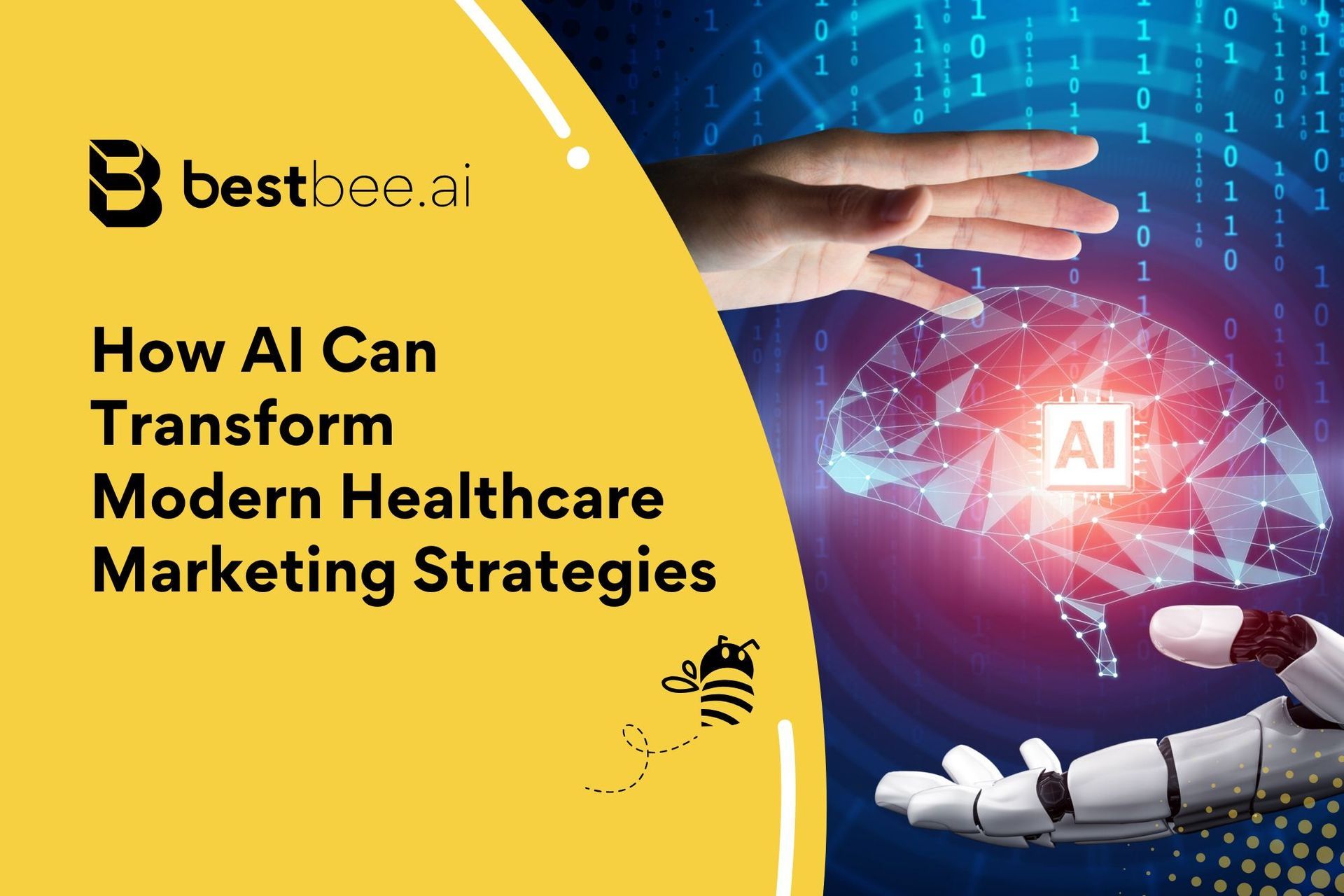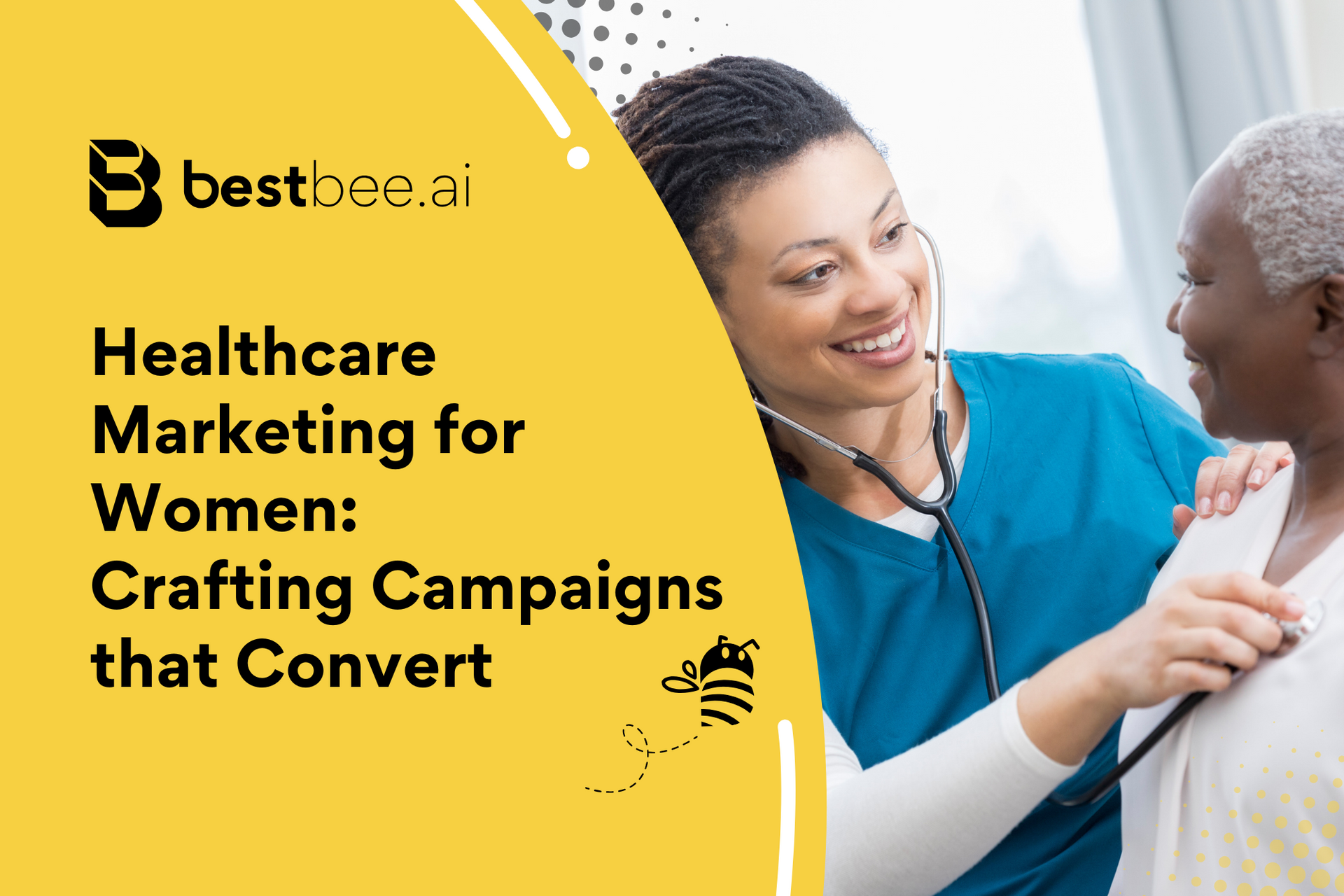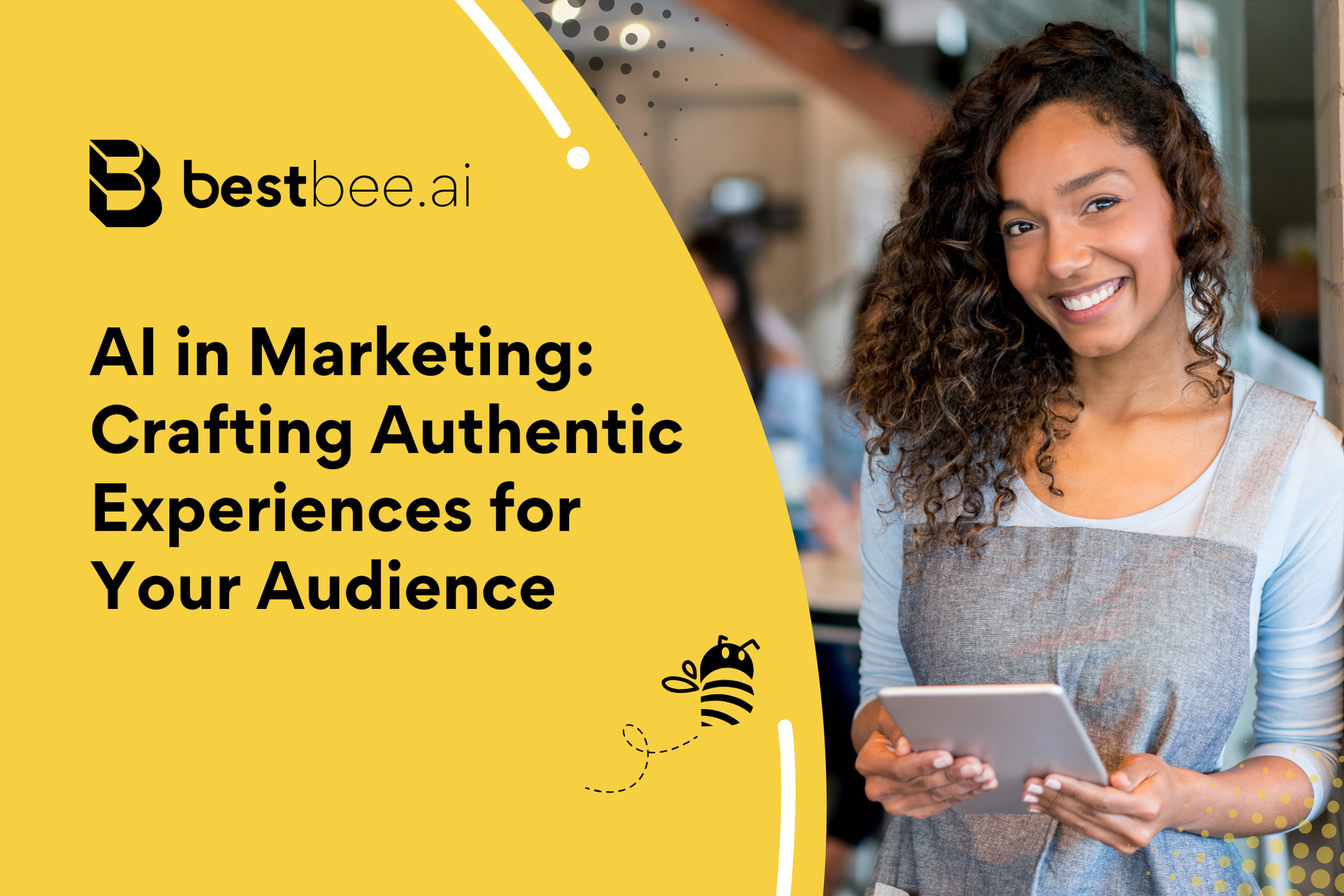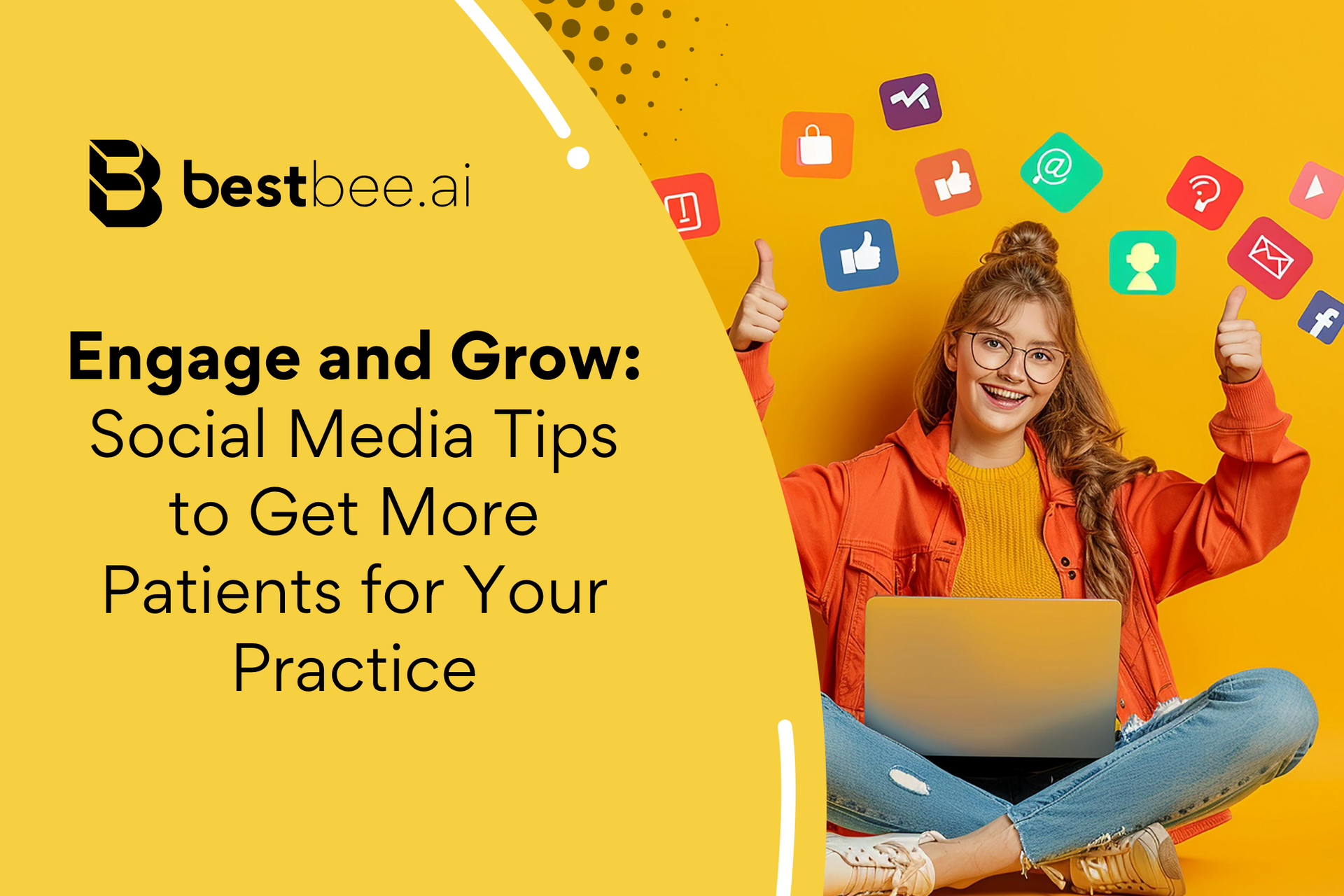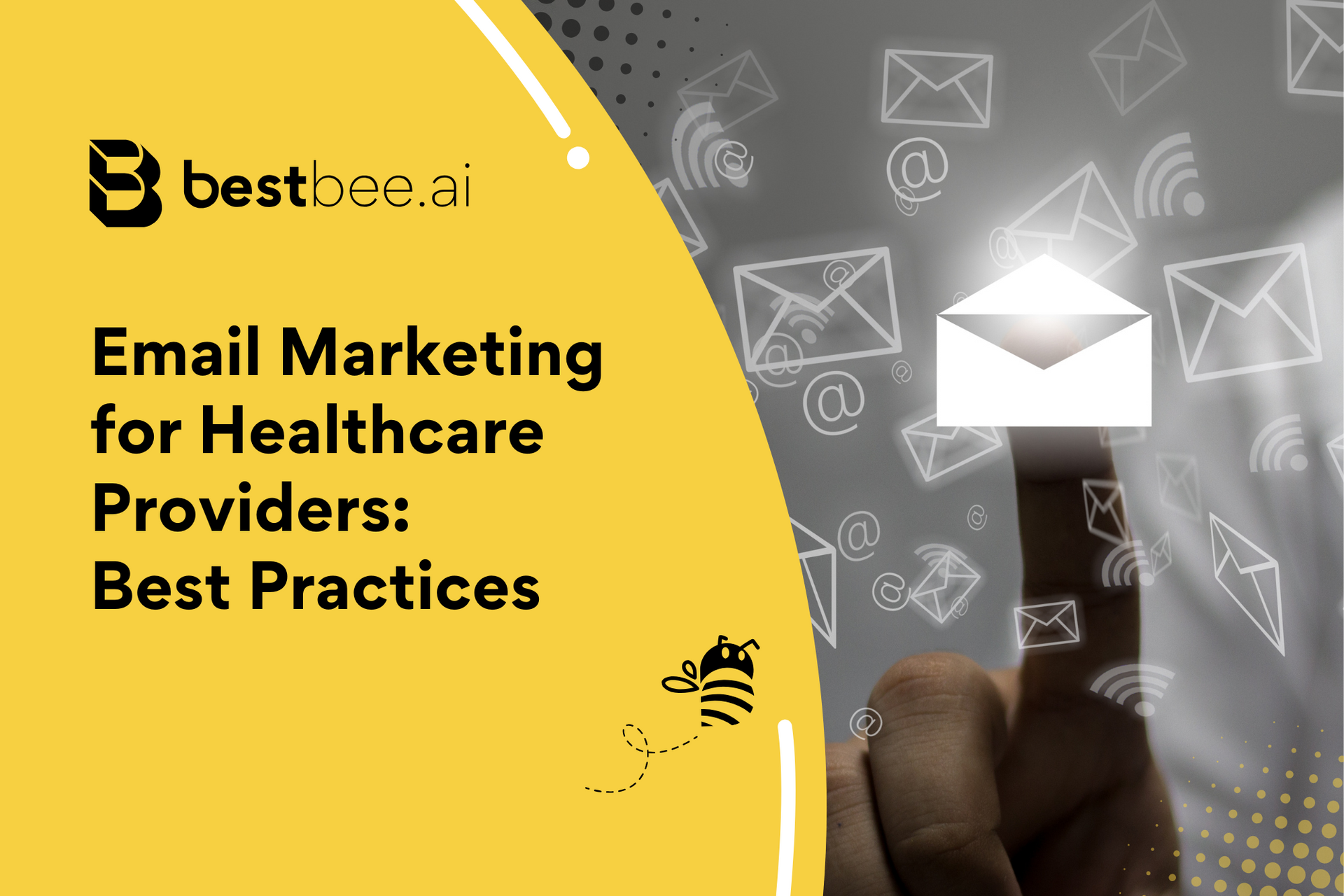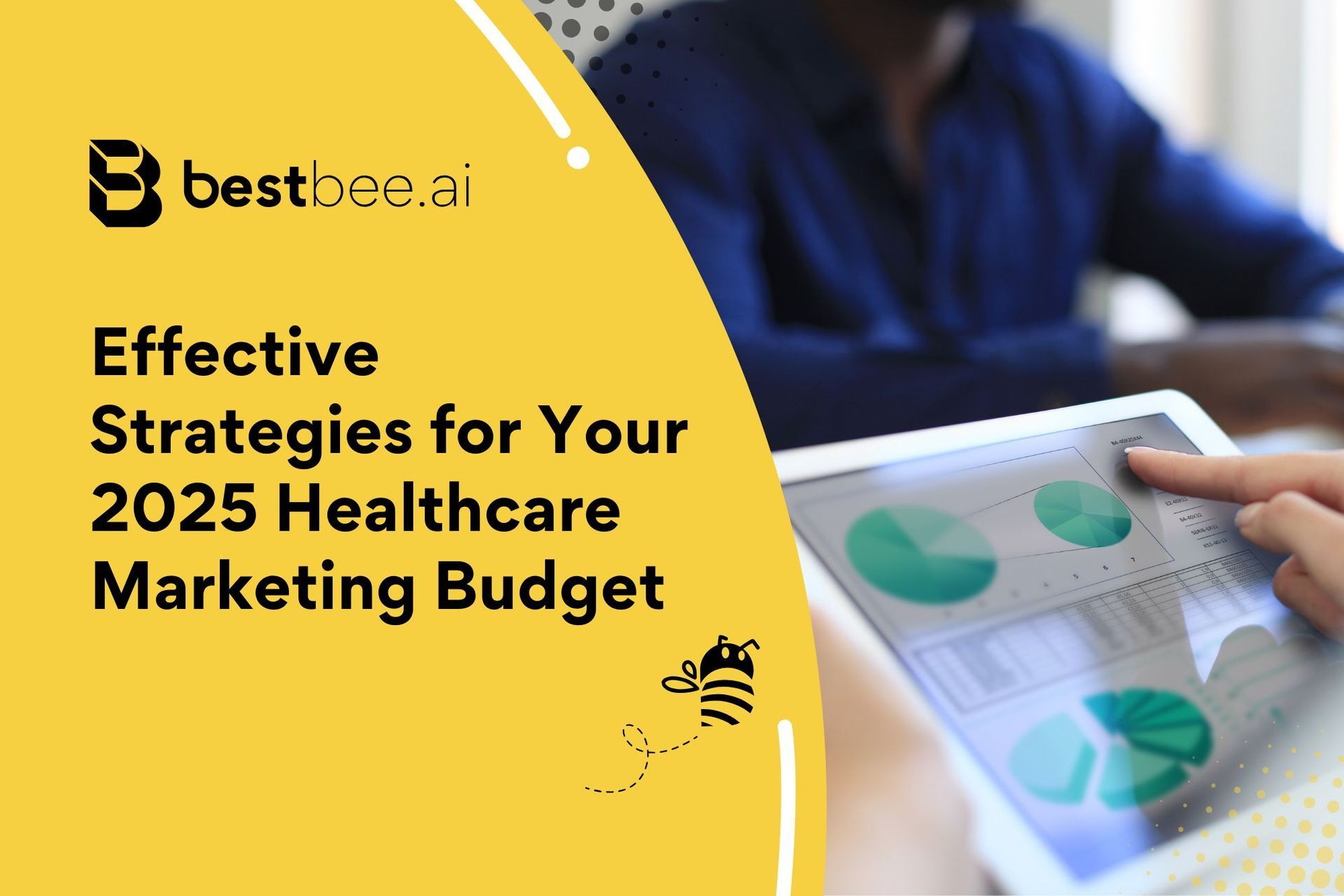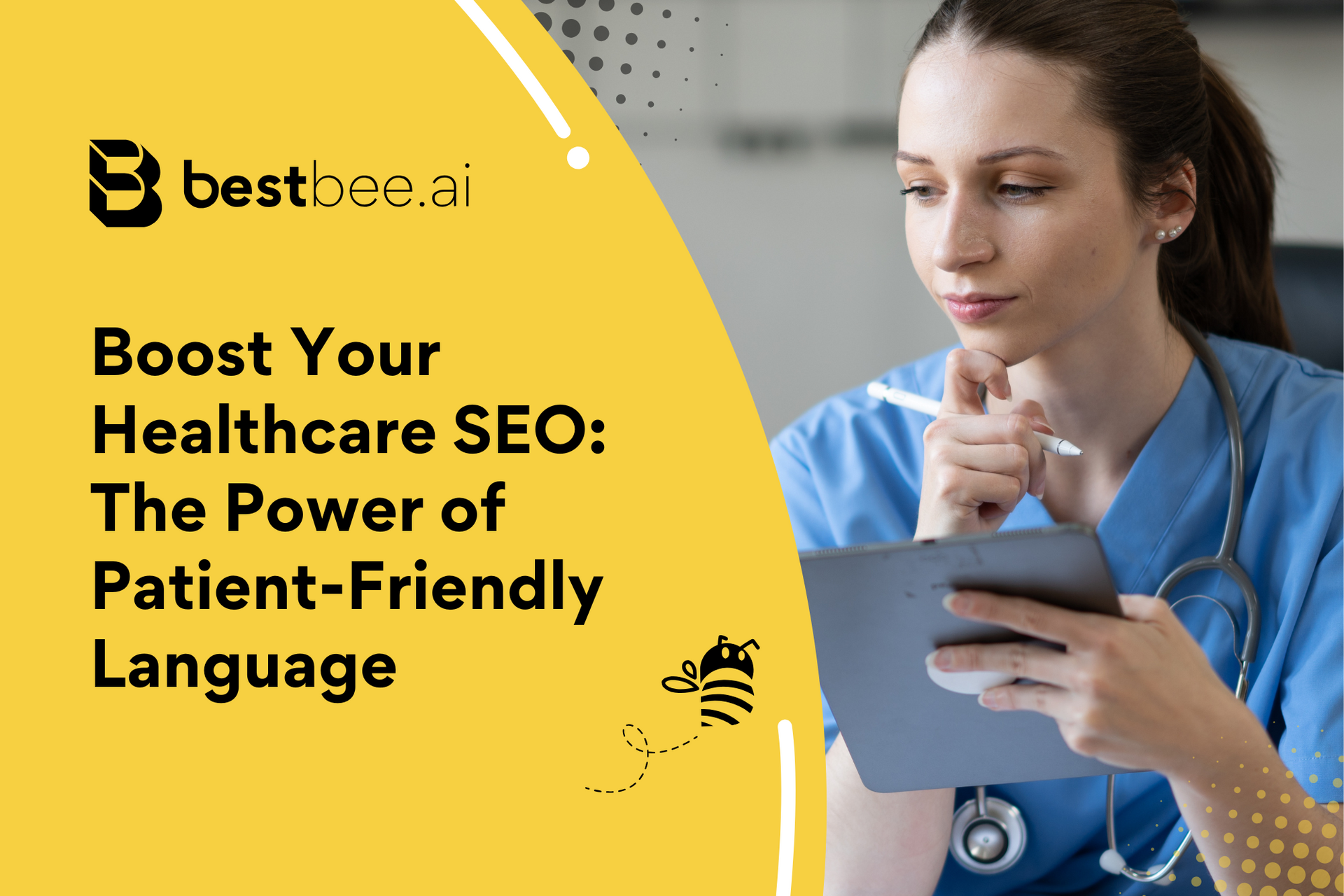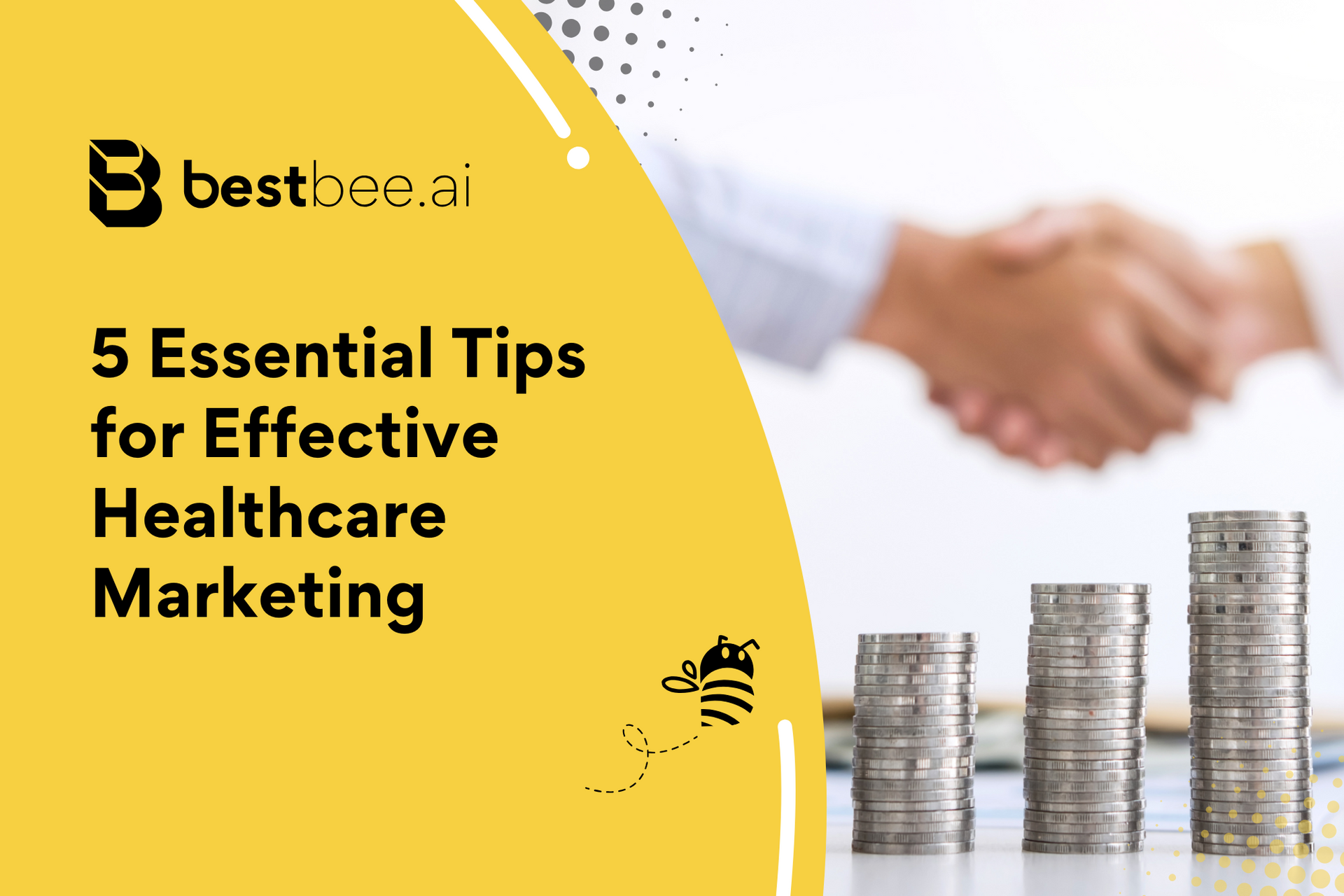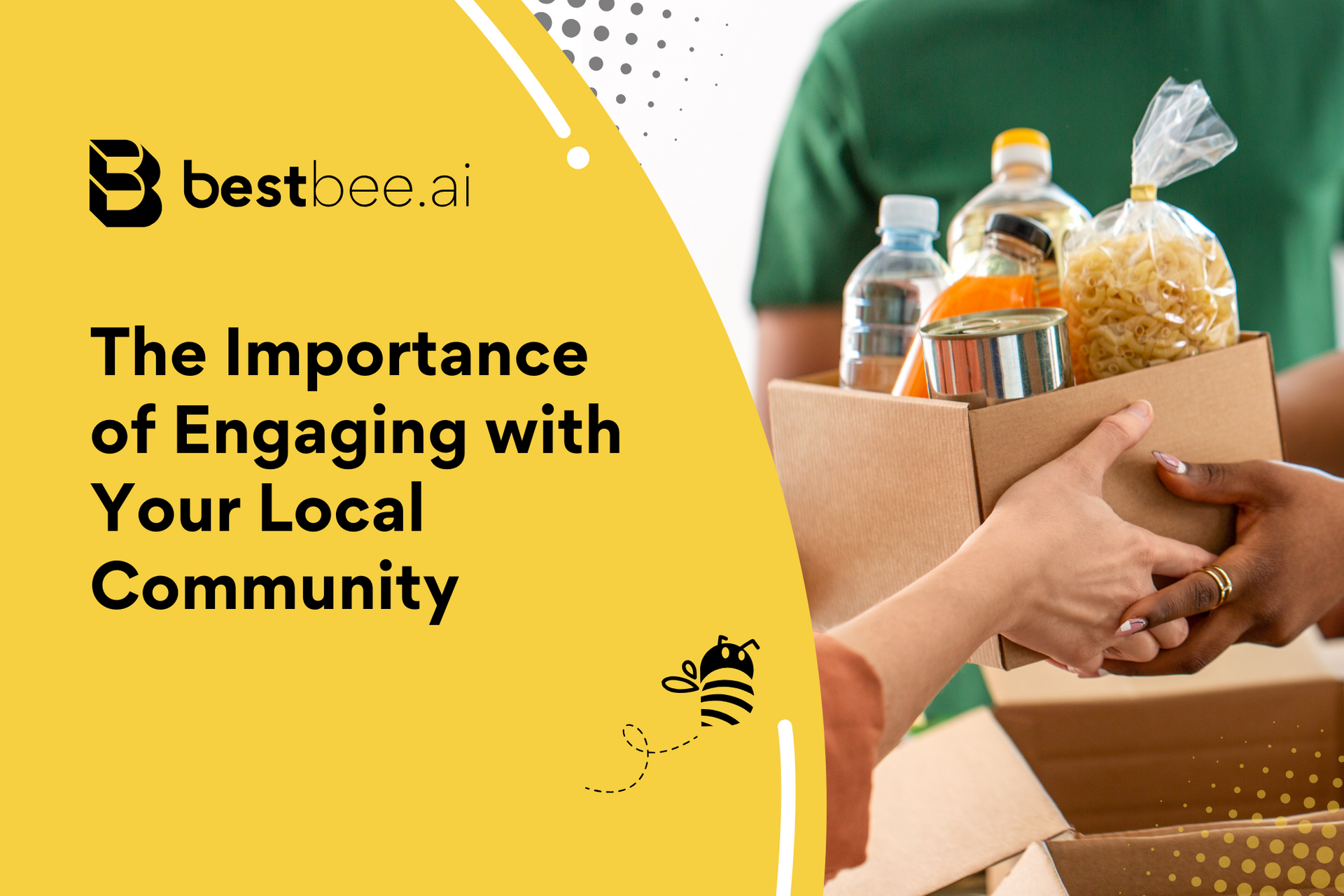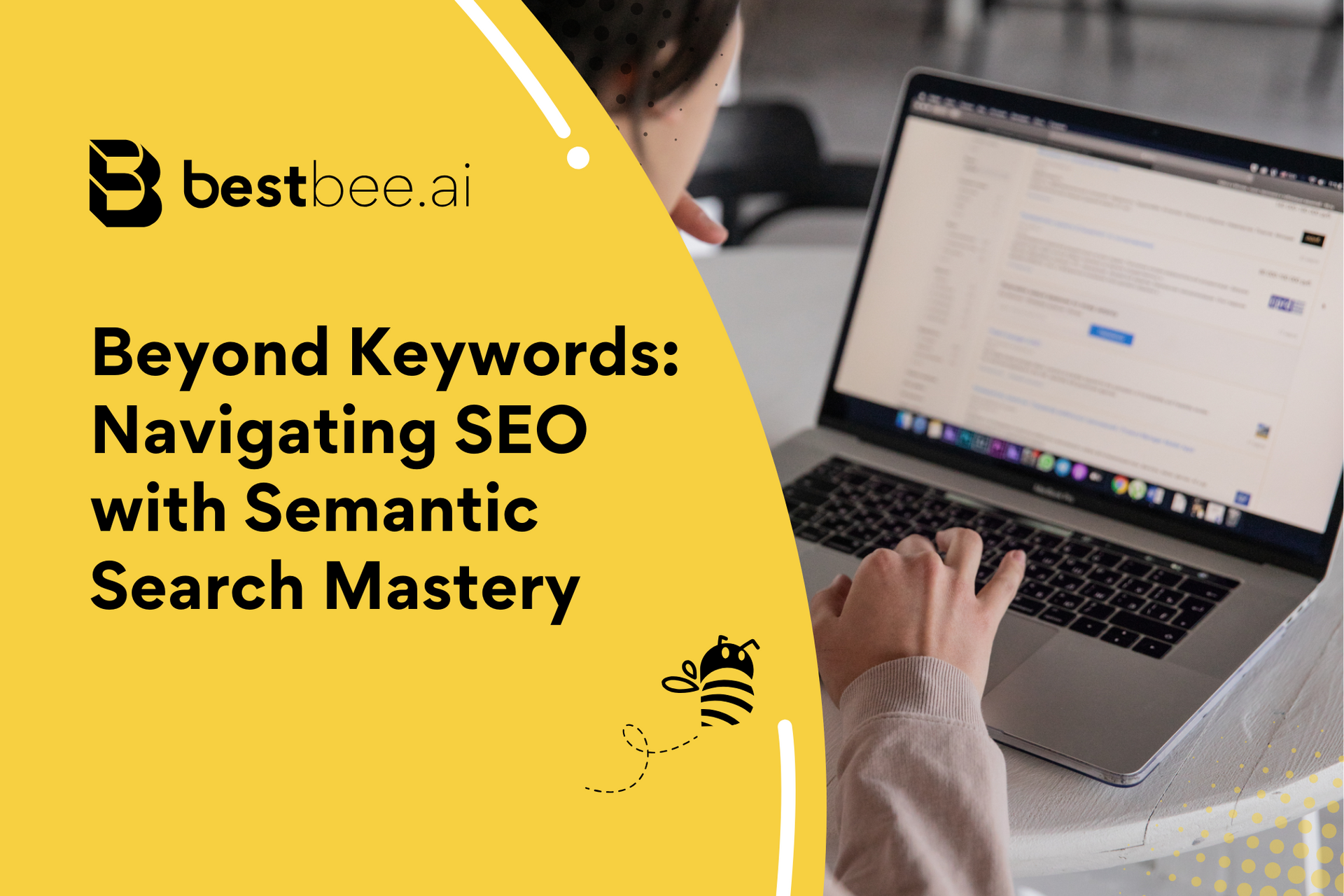Imagine launching healthcare marketing campaigns that resonate so deeply with your patient base—it’s as if you can read their thoughts. While this might seem too futuristic, artificial intelligence (AI) in marketing is on its way there, transforming how health organizations like yours connect and engage with patients.
However, when we look at AI-generated marketing content, we can’t help but feel that there’s something off. Even though AI knows how to zero in on the best prospects, it’s missing the human touch that only living, breathing healthcare marketers can express. After all, who could be better at patient outreach than those who have been patients themselves?
Now that AI and healthcare marketers have joined forces, the possibilities seem endless. AI in marketing automates tasks that used to take hours or days, giving creatives more time to enhance content. It’s a win-win situation, a kind of symbiotic relationship. So, how can you start harnessing the power of AI to drive better healthcare marketing? Let’s take a closer look.
The Role of AI in Healthcare Marketing
Traditional healthcare content marketing was often broad and reliant on guesswork. Campaigns were built on assumptions rather than data, making creating messages that effectively connect with individual patients challenging. However, marketing has undergone a significant transformation over the past decade, and with the rise of artificial intelligence, we're now entering a new era of relevance and personalization.
AI’s ability to sift through vast datasets uncovers profound insights into patient behavior, preferences, and trends. By analyzing everything from patient history to online interactions, you’ll understand what patients genuinely care about, ensuring that your healthcare marketing strategies are timely and relevant to your patient base.
While personalized messaging has always been possible, AI takes it further by predicting patients’ evolving needs and preferences. This shift allows healthcare providers to proactively engage with their patient base on a more personal level, ultimately improving patient relationships and outcomes.
The Advantages of Using AI to Improve Healthcare Content Marketing Strategies
Utilizing AI tools in your marketing plan gives your organization access to a world of opportunities. You can take your campaigns up a notch by blending digital marketing best practices with data-driven insights, allowing for more targeted messages that resonate with your patient base and boost engagement.
Here’s how AI enables even better digital marketing practices:
1. Advanced Personalization and Targeting
AI is very good at finding patterns in data, such as demographics, behavior, and healthcare needs. Analysis of these patterns helps you uncover your patient base’s key characteristics, including their preferences for healthcare providers and how they seek out services. Prominent digital marketing agencies use this information to help health organizations develop targeted campaigns that engage the right prospects.
However, AI alone isn’t enough. In order to transform data into messages that have an emotional impact, marketers need to add nuance. Whether addressing a growing demand for mental health resources or tapping into a new wellness trend, empathy makes the content truly connect.
Artificial intelligence empowers you to reach the people who need your expertise the most, sparking valuable interactions and deeper connections.
2. Enhanced Content Creation and Relevance

Artificial intelligence is a game-changer in content creation. By analyzing social media conversations, patient feedback, and search trends, AI can help identify topics that matter most to your patient base.
AI tools have been proven to improve idea generation and technical writing in healthcare marketing. With generative AI providing well-structured base ideas, marketers can focus on adding nuance and empathy to create authentic, patient-centered campaigns—without writing from scratch.
Though AI has become much more humanized in just a couple of years, it's still up to the content writer to add authenticity, relatability, and emotional intelligence to a clinic’s marketing content. Today’s digital marketing experts use AI to fight half the battle, allowing more time and energy to create compelling stories and effective design.
3. Increased Productivity through Automation
While essential, duties like scheduling social media posts, sending emails, and monitoring important metrics can eat up valuable time. These repetitive tasks often take away from more strategic, high-value work that drives more engagement and growth.
AI-powered automation can handle operational tasks, freeing up time for marketers to brainstorm bold ideas, fine-tune messaging, and craft campaigns that convert. With routine processes running efficiently in the background, healthcare marketers can channel their energy into the creative side of campaigns, turning concepts into profitable results.
4. Predictive Analytics for Strategic Planning
One of the most potent ways AI is changing the healthcare marketing landscape is through predictive analytics. This technology can forecast future trends and patient behaviors by analyzing historical data. For instance, it might predict that demand for flu shots will rise when the weather changes, enabling marketers to start their campaigns earlier.
Using this data, marketing experts can refine messaging and timing to align with patient needs and organizational initiatives. AI acts as the compass, while the marketer’s expertise ensures the campaign is on course for success.
5. Data-Driven Campaign Optimization
After launching your campaign, it’s essential to track its performance. AI makes this process easier by quickly collecting key metrics like social media interactions, conversion rates, and patient engagement. This real-time data helps you understand how well your campaign is doing.
But numbers alone don’t make action plans or roadmaps. Healthcare marketers must interpret insights, refine strategies, and adjust campaigns for better outcomes. For instance, if a specific email subject line generates higher open rates, marketing experts can dig into why it worked—whether it’s the phrasing, timing, or another factor—and use this knowledge to improve future campaigns.
Partner with a Digital Marketing Agency that Combines AI and Healthcare
AI is enabling more intelligent healthcare marketing by improving efficiency, targeting, and forecasting. But AI isn’t the solution to rule them all, and it may never be. Human expertise is irreplaceable, which is true in both healthcare and marketing. AI is just another technological tool, which means it is most effective in the right hands.
The success of a marketing campaign still depends on the creativity, empathy, and strategic vision of experienced marketers. That’s why working with a digital marketing agency that offers tech-driven, AI-powered healthcare marketing strategies is the right move.
At
Best Bee AI Marketing, we understand the immense potential of artificial intelligence, but we also know that the human touch truly drives results. If you’re ready to harness AI’s power and collaborate with a team that blends technology with healthcare expertise, let’s connect!
Quick Links
Quick Links
Quick Links
Best Bee AI Marketing | All Rights Reserved
Best Bee AI Marketing | All Rights Reserved

